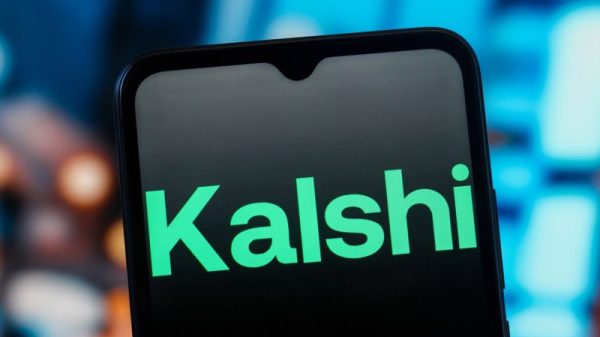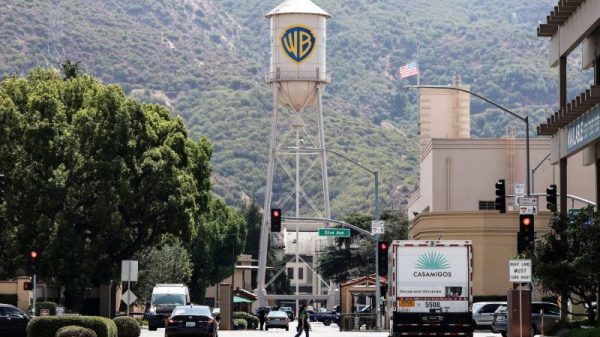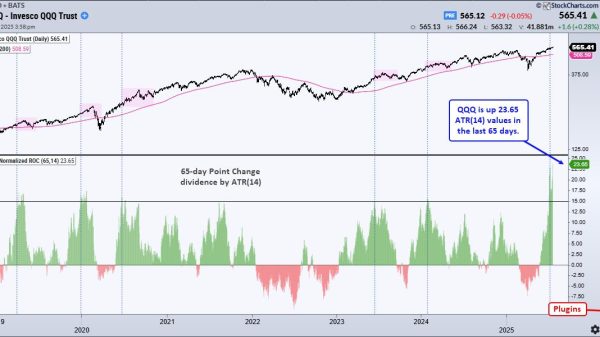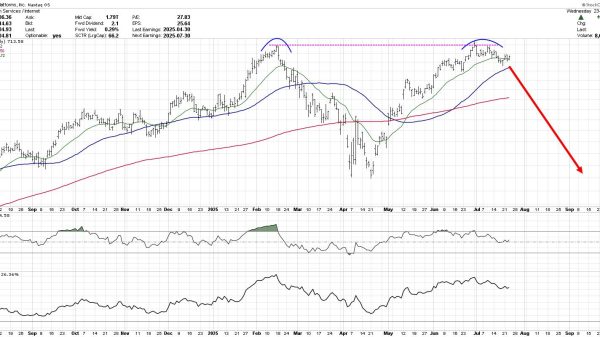
Libya’s Resumed Oil Production: Brent at $77.54, WTI at $73.65
Following a political standoff that had interrupted Libya’s oil production, the country began to produce again on Thursday. The most important relief was the restarting of the operation in Sharara, the biggest oil field in Libya. It generally gives out around 260,000 barrels per day. This is a lot of increase in Libya’s oil production which stood at less than 450,000 barrels per day due to a political dispute.
Libya was producing more than 1.2 million barrels per day before the shutdown, which was a significant contribution to the world oil market. The stoppage of the production added more volatility to the oil prices due to the geopolitical tensions in the Middle East. Although analysts forecast Libya’s oil production to return to normal levels in a few days, the political situation in the country is a barrier to future production output.
The Central Bank Crisis and Its Impact on Libya’s Oil Industry
Libya is back in the oil market again, but the situation was different at the end of last year. The halt in oil production was a direct consequence of the ongoing central bank crisis. When Libya’s UN-recognized Western government decided to dismiss the central bank governor, the rival eastern government, which has large portions of territory under its control, including the most significant oil fields, responded fast and critically. Adversary groups and factions in Libya simply can’t get past their division either way. A regular battle over oil resources occurs frequently in the country due to the conflict between authoritarian forces.
Despite the current deal to restart oil production, Libya’s unstable political environment is a substantial threat to its oil exports. The oil sector, by its nature, is an important part of the Libyan economy, and the direction of its management is a determining factor in the larger political conflict between the eastern and western regions of the country.
Brent at $77.54, WTI at $73.65, with Key Levels Ahead
Libya’s return to the oil market is critical for global economy; the hindered delivery has already affected the crude prices in the Middle East. The supply disruption caused by the halt in Libya’s oil production, combined with fears of escalated conflicts involving Israel and Iran, initially put upward pressure on prices. Analysts had been concerned that any sustained disruption in Libyan oil could further exacerbate market tightness.
Currently, global standard Brent crude futures are trading a bit lower at $77.54 a barrel, while U.S. West Texas Intermediate futures are flying around $73.65. These rates reflect a market that is showing nervousness and reacting promptly to the information out of Libya.

Challenging the figure of $73.48 was not only achieved, but the oil market was able to keep the level above it. This is evidence of the long-term uptrend that exists. A further review of the chart shows that a double bottom pattern has occurred, which probably will lead to more profit. Prices are projected to jump significantly above $75.36, and they may also approach the $78.40 line, which looks like the key resistance level.
However, if prices did fall below $73.48, then this bullish momentum could be reversed, indicating a target for $71.95 and $70.44. As for today, the oil price will be trading in a range. On the lower end, it is expecting a support level of $73.00 and on the upper side, a resistance near $76.00. Traders need to be careful of any changes that occur under the main support level, as these could trigger a wider retreat in the next sessions.
A Power Struggle Over the Nation’s Key Resource: Who Controls Libya’s Oil?
The question of who controls Libya’s oil is very critical in trying to analyze the irregularity in its oil production. After the death of Moammar Qaddafi in 2011, there have been two authorities in Libya located in the eastern and western parts of the country, backed by different international actors.
The control of the oil fields and export terminals has been the primary cause of the strife, with both sides using oil as a tool in their power struggle.
The National Oil Corporation (NOC), which is situated in the capital, Tripoli, is the formal ruler of the oil operations in the country.
The east government which is in control of the major oil resources, often stops the oil blocks in order to force the West to give in.
The destiny of Libya’s oil business is still out of sight, and with it, the balance of the oil prices in the world. As the situation becomes more visible, investors and analysts will be concentrating on Libya’s oil news the most, especially because of the possible additional disruptions which are due to internal power struggles and wider global conflicts. In the short term, the resumption of production brings some relief to the global markets, but the lasting problems faced by Libya since 2011 are still lingering over the growth of the country.
The post Libya’s Oil Production: Brent at $77.54. What About WTI? appeared first on FinanceBrokerage.

































